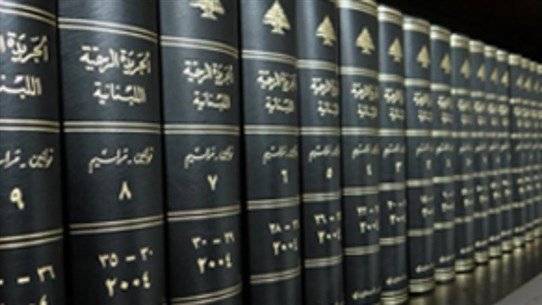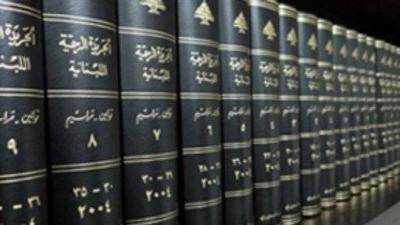The repercussions of the political crisis in Lebanon are renewed and interacting. The implementation of the Taif Agreement, which established the Constitution of the Second Republic, has been incomplete. What has been applied of its provisions has been done sporadically and according to the whims and desires of officials, particularly leaders and presidents vying for power, and this continues with each entitlement. The formation of governments took months and years, just as the election of presidents did, leading to political and security turmoil that made the election of General Michel Sleiman as president possible only after the Doha summit in Qatar, which ended seven months of presidential vacuum. Six years later, this resulted in another state of political and security turmoil that lasted about three years until the election of the current president, General Michel Aoun. Today, the country finds itself once again in a state of political and social turmoil, exposed to the additional explosive factor of maritime border demarcation with Israel and the possibility of the conflict escalating into war.
In light of the growing talk about the failure to conduct the presidential entitlement on time, are we heading towards a conference and a new agreement under Arab or European sponsorship? Former Deputy Speaker of Parliament Elie Ferzli hopes not, as such events often come at the expense of the Christians and diminish their rights. He called through "Al-Markazia" to adhere to the Taif Agreement, which established power-sharing and strengthened coexistence among the Lebanese. These principles and foundations are still being undermined by those who claim to restore rights and champion the Christian component. Such nonsense harbors personal agendas that have long negatively affected not only Christians but all Lebanese, leading the country to its current catastrophe.
He continues: The Muslims in Lebanon have been more protective of Christian rights than this ruling and dominating group, which is only concerned with the interest of the son-in-law and his inheritance. President Nabih Berri, yesterday during the commemoration of Imam Sadr's disappearance, like the Shiite duo, reaffirmed the commitment to the Taif Agreement, thereby cutting off any attempt to infringe on Christian rights, while President Michel Aoun and Minister Gebran Bassil deceive the Christian component with unfounded claims lacking truth and logic.
Ferzli adds, affirming that the preservation of rights must come through full commitment to the Taif Agreement, the principle of enmity towards Israel, and a new electoral law that solidifies the current representative status and truthfully adheres to the correct democratic system. He concludes with concern that maritime demarcation and the regional situation could lead to Israeli action by Tel Aviv in retaliation for its defeat at the hands of the resistance in 2006 as a means of restoring its dignity.




